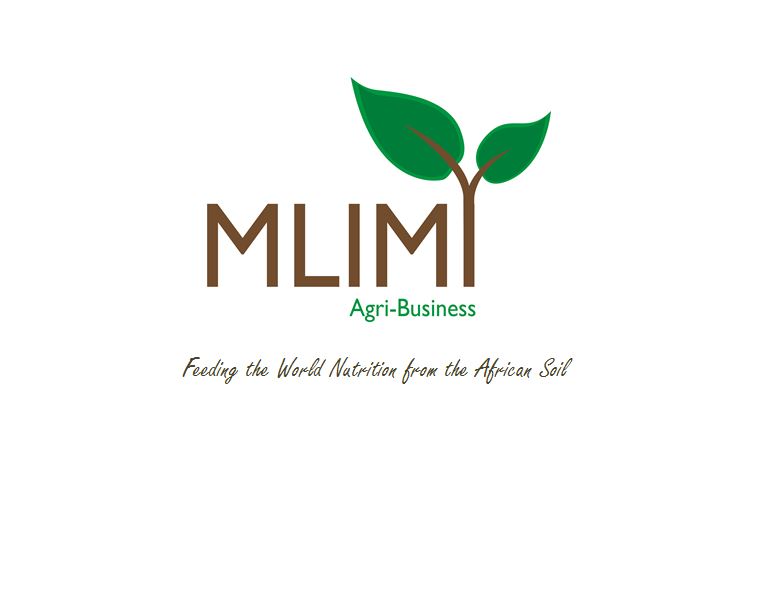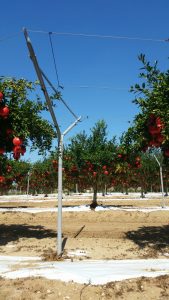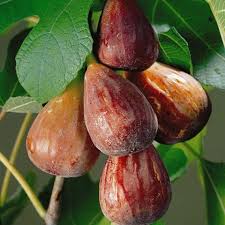Who We Are
MLIMI Agribusiness was established in 2015 by a young South African entrepreneur who is driven to contribute to the country’s agrarian reform and consequently the resuscitation of the country’s declining rural economy. MLIMI a Xhosa word when loosely translated means “the farmer” is an agribusiness focused on the cultivation of exotic high value specialty crops and on the production of clean natural consumer products that retain the nutritional content of their input raw materials.
At MLIMI Agribusiness we are determined to change the traditional food production value chains that have abandoned many of the country’s fertile rural lands! To utilize the opportunities presented by our need for food (in the next 30 years the agribusiness industry is required to grow by 80% if it is to meet consumer demand for the estimated population of 14 billion) to address our challenges as a country of low economic growth, high levels of unemployment and poverty.
South Africa is 35.2% rural by population metrics and over 50% by area demarcation. Over the past 23 years (1994 to 2017) the number of commercial farmers has dropped from 120 000 to below 35 000 with 15 000 more farmers expected to vacate the industry within the next 15 years. The decay of the country’s rural economy is directly attributable to the decline in farmer numbers which has preceded the country’s low economic growth, high levels of unemployment and high levels of poverty.
As part of our vision at MLIMI we want to convert the poorest areas in the country to become specialist growers of high value crops! We want to lead the country’s agrarian reform and ultimately bring to the world nutrition from the African soil.
Vision
To be a leading producer of high value specialty crops and raw consumer products that deliver superior nutritional value
Mission
We live to make a difference! To feed the world nutrition from the African soil
Values
- Sustainability
- Long Term Strategic Partnerships
- Innovation! New food production systems and technologies
- Integrity
- Environmental footprint
- Social Responsibility
Shareholders
MLIMI Agribusiness is a fully owned subsidiary of the thuthula Investment Group:

Visit Website


 Cold Press Juicing Facility
Cold Press Juicing Facility Commercial Pomegranate Plantations
Commercial Pomegranate Plantations Commercial Fig Plantations
Commercial Fig Plantations